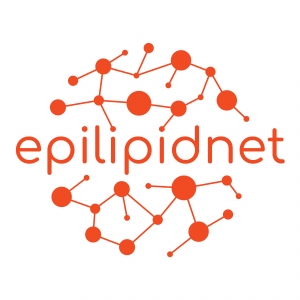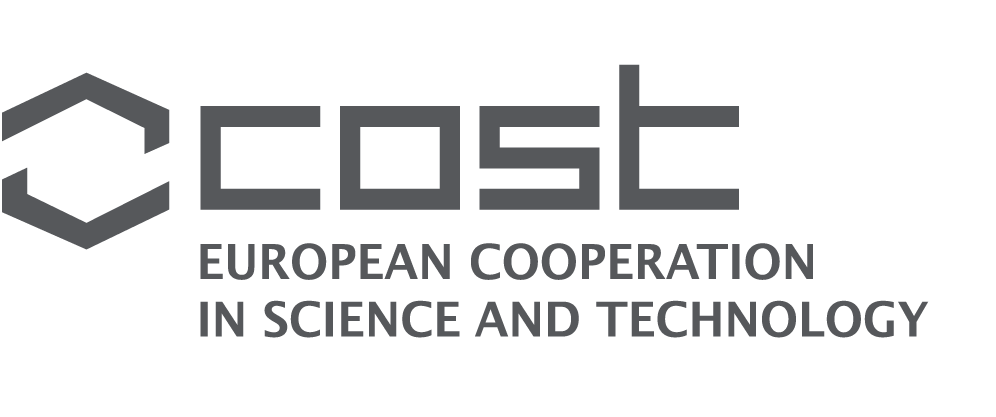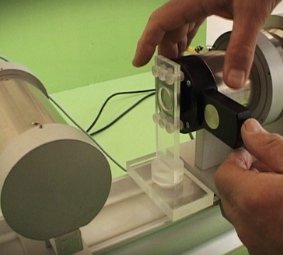Fats and oils, which are collectively known as lipids, are very important substances in the body. They are largely taken in through the diet but several, like cholesterol, are also made in the body. They are critical components of the membranes that define the cells and the organelles inside them. They are transported around the body in lipoproteins such as LDL and HDL, and stored in adipose tissue as well as in liver, muscle and other tissues. There are thousands of different types of lipids, each of which has an important function. Some are structural, as in the cell membrane, while others are signalling molecules that tell cells in the body how to behave. Others help the immune system and have anti-microbial properties. Moreover, lipids can become oxidized, a process that causes rancidity in foods but in also known to happen in the body under certain conditions. This further alters lipid function and particularly affects the immune system.
Therefore the balance of lipids in the body is very important for health, and an imbalance can lead to disease. For example, high LDL and low HDL is linked to cardiovascular disease, obesity and diabetes. But this is a very crude view, as LDL and HDL are made of hundreds of different lipids. Scientists now understand that we need to be able to measure the diversity and precise lipid composition in order to have useful markers of health and disease. This is a field called lipidomics, while epi-lipidomics refers to the study of lipids with altered structure, for example caused by oxidation. The overarching goal of EpiLipidNET is to establish a pan-European expert centre to develop, test and standardize methods for measuring lipid and well as to understand their effects and contribution to disease. In addition to providing new information for scientists, we aim to make available useful knowledge for non-specialists on the following topics:
- Lipids in the diet: good or bad?
- Functions of lipids in the body – why do we need them?
- How are lipids linked to disease?









